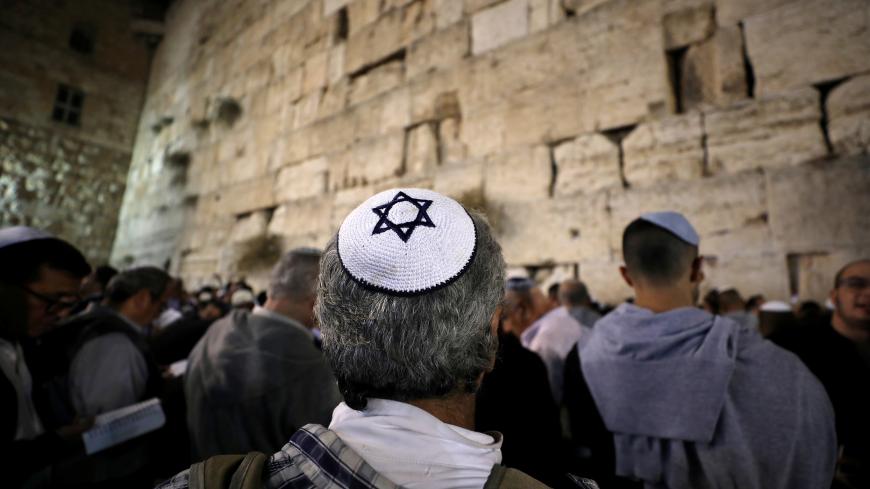Since its inception at the start of the 20th century, Israel’s kibbutz movement has symbolized the pioneers’ revolt against Jewish tradition and religion. For most kibbutzim (communal farms), Yom Kippur, the Day of Atonement when religious, traditional and even secular Jews fast and flock to Israel’s synagogues, was just another day.
This week, however, as Israelis marked Yom Kippur on Sept. 18, dozens of kibbutzim throughout the country held prayer services for the holiest day of the Jewish year. The prayers were part of an initiative by Panim El Panim (Hebrew for “face-to-face”), an organization whose goal as helping to “quench the growing thirst among the Jews of Israel for a deeper understanding of identity and purpose … and to deepen the connection between all parts of the nation.” Its Hebrew-language web site calls on kibbutz members to take part in a “unique, once-in-a-lifetime experience” and to mark “a different, special Yom Kippur along with all the people of Israel.”



